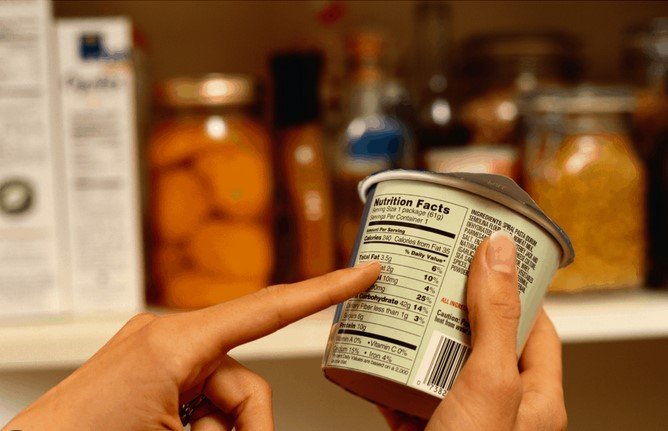In today’s fast-paced world, maintaining a balanced diet can be challenging. With so many food options available, it’s easy to lose track of what you’re eating and whether it aligns with your health goals. This is where tracking your nutritional intake comes in. Whether you aim to lose weight, improve your overall health, or simply become more mindful of your eating habits, tracking what you eat can offer valuable insights. In this article, we’ll explore the many benefits of tracking your nutritional intake and how it can help you make healthier choices.

Helps You Stay Accountable
One of the most significant benefits of tracking your food intake is that it helps you stay accountable. By documenting what you eat, you become more conscious of your food choices and are less likely to mindlessly snack or overeat. This accountability can be a powerful motivator, especially if you’re trying to reach specific health or weight goals.
Why It’s Important:
- Mindful Eating: Tracking encourages mindfulness by helping you focus on portion sizes and food quality.
- Avoiding Overeating: When you track your meals, you’re less likely to eat without thinking, reducing the risk of overeating.
What You Can Do:
- Use apps like MyFitnessPal or Cronometer to log meals and snacks.
- Set daily or weekly tracking goals to keep you on track.
Provides a Clear Picture of Your Diet
Tracking your nutritional intake gives you a clear picture of your daily eating habits. Instead of relying on memory or assumptions, you can look back at your food logs to see exactly what you’ve consumed. This can help identify areas where you may be lacking essential nutrients or consuming too much of certain foods.
Why It’s Important:
- Nutrient Deficiencies: Tracking reveals gaps in your diet, such as not getting enough fiber, vitamins, or minerals.
- Improved Decision-Making: By understanding what you’re eating, you can make more informed choices going forward.
What You Can Do:
- Review your food logs weekly to spot trends in your eating habits.
- Look for areas where you may need to add more fruits, vegetables, or whole grains.
Supports Your Health and Fitness Goals
Tracking your nutritional intake is especially beneficial for those with specific health or fitness goals. Whether you’re trying to lose weight, build muscle, or manage a chronic condition, tracking your food helps you monitor how well you’re meeting your dietary needs.
Why It’s Important:
- Weight Loss and Maintenance: Tracking helps you create a calorie deficit for weight loss or maintain your weight by staying within your calorie range.
- Muscle Building: If you’re working on muscle growth, tracking ensures you’re eating enough protein and calories to support muscle recovery and growth.
What You Can Do:
- Set your calorie and macronutrient targets based on your fitness or health goals.
- Log your food and exercise to track your progress and adjust as needed.
Improves Your Understanding of Portion Sizes
Overeating often occurs because we misjudge portion sizes. Tracking your food intake can help you become more aware of proper portion sizes and prevent you from eating larger-than-necessary servings.
Why It’s Important:
- Prevents Mindless Eating: Tracking portion sizes makes you more mindful of how much you’re eating at each meal.
- Calorie Control: It’s easier to manage your calorie intake when you understand proper portions.
What You Can Do:
- Use measuring cups or a food scale to help estimate portion sizes accurately.
- Track foods by weight or volume to be as precise as possible.
Conclusion
Tracking your nutritional intake is a simple yet effective tool for achieving better health. Whether you’re working toward specific fitness goals, managing a medical condition, or simply trying to improve your overall eating habits, tracking your food provides invaluable insights into your diet. By increasing awareness, promoting accountability, and encouraging healthier choices, tracking can set you on the path to long-term success in reaching your health goals. With the right tools and commitment, you’ll be able to make informed decisions that contribute to a healthier, more balanced lifestyle.











